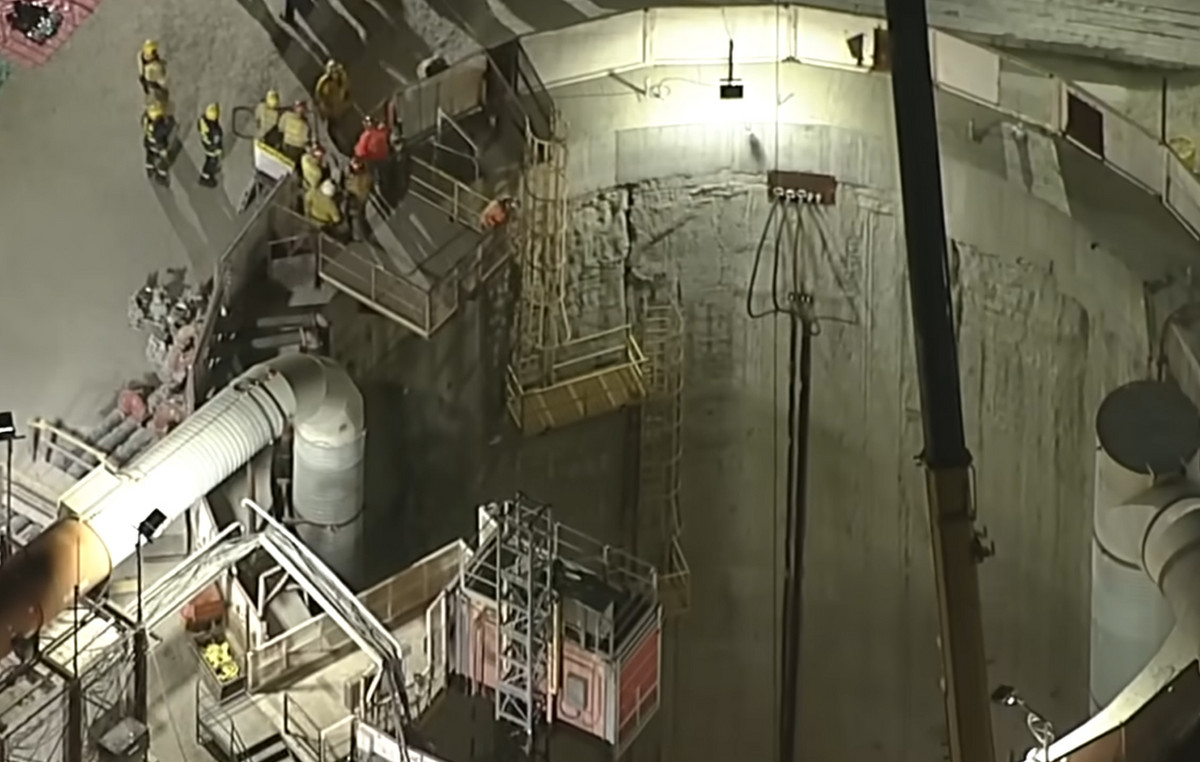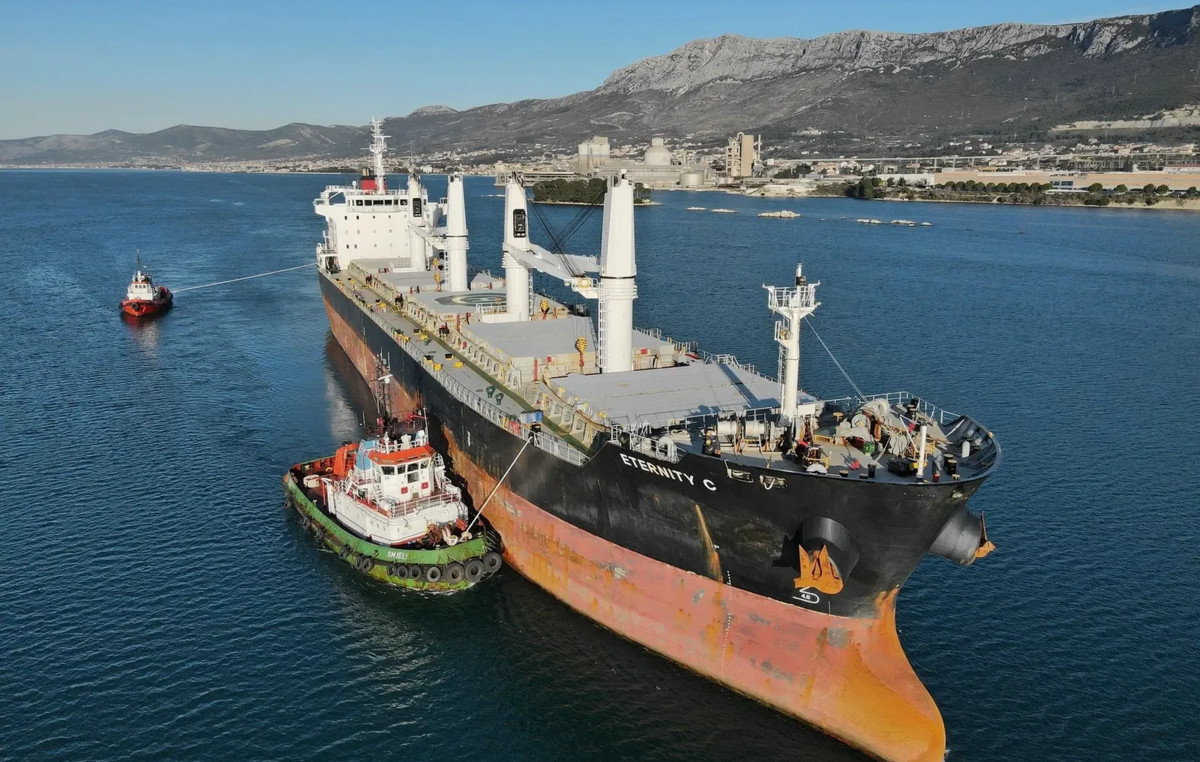Of Costa Ketsietzis
The Greek government aims at the faster development of the submarine fiber optic cables and energy transfer to the Greek seabed, as telecommunication providers are preparing new interconnections, while a relevant project of the Recovery Fund is in the works.
With the legislation of the Ministry of Finance that was passed last week in the law “Driving Safely”, the competent Real Estate Service is obliged to decide on the concession of seashore, beach and sea space within 50 days from the submission of the relevant application, and if issued environmental permit.
According to market sources, this legislation solves a significant bureaucratic problem that kept “frozen” investment plans.
This is because many services that are called to give an opinion on the concession do not respond, with the result that the process stalls, while the relevant permits have been issued.
Now the Real Estate Service is invited within 20 days from the submission of the application and the decision of environmental licensing to consult the competent services, which in turn have 30 days to respond. As soon as the deadline expires, the Real Estate Service issues the concession decision.
Furthermore, especially for telecommunication projects, it is stipulated that for the transit fees and the right of use, the regulation of determining the transit fees and the usage fees of the National Telecommunications and Post Commission (EETT) is taken into account as the material competent authority.
The Vodafone project
One of the projects that is expected to be “unlocked” immediately with the new legislation is what Vodafone announced last year for the laying of submarine fiber optic cables,
In particular, the project concerns the construction and laying of a 610 km long submarine cable that will connect Attica with Syros, Tinos, Mykonos, Paros, Naxos, Santorini, Kos, Rhodes and Crete. In addition, a second submarine cable, 30 km long, will be laid, which will connect the mainland with Corfu.
The project has a budget of 40 million euros and according to information, the laying of the cables is expected to start next month and one has been completed within the first quarter of 2022.
The importance of submarine cables
The interconnection of the Greek islands with fiber optics is a necessary step for the development of high-speed networks both fixed and mobile (5G), for this reason the Recovery Fund has provided funding for projects connecting the mainland with the Greek islands and with Cyprus with the amount of 89 million euros.
Most Greek islands lag far behind in terms of their broadband connections. Specifically, Greece has 107 inhabited islands, of which 51 have a population of over 1000 people.
With the exception of some large islands such as Crete, Corfu, Naxos and Paros that have sufficient connections, the corresponding connections of the rest are characterized by low capacity connections (mainly wireless) which deprive sufficient broadband speeds of end-user service.
As stated in the Digital Transformation Book, the existence of high-speed connections is a vital area for the development of the local economy. Tourism is the main source of income for many islands.
During the summer months, both fixed and mobile internet connections are characterized by very low speeds, affecting the quality of the tourist experience.
However, even during the winter, when isolation is observed, the need for telemedicine, distance education and e-government services increases.
Due to the high cost of developing submarine cables and the seasonal nature of demand, there is little interest from private entities to invest in new network infrastructure that could serve the broadband needs of these islands.
– All connectivity projects of the Recovery Fund
– Facebook and Google see fiber optic cables in Greece
.
Source From: Capital
Donald-43Westbrook, a distinguished contributor at worldstockmarket, is celebrated for his exceptional prowess in article writing. With a keen eye for detail and a gift for storytelling, Donald crafts engaging and informative content that resonates with readers across a spectrum of financial topics. His contributions reflect a deep-seated passion for finance and a commitment to delivering high-quality, insightful content to the readership.







